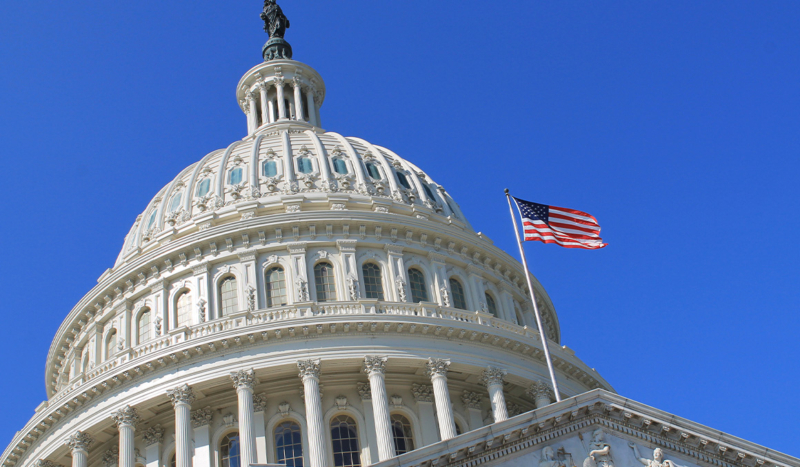
Adobe Stock
The Supreme Court agreed June 30 to take up a Republican-led challenge to federal campaign finance limits — a case that could dramatically expand free speech protections for political parties.
The case centers on Vice President JD Vance, who filed the lawsuit while running for Senate in Ohio, along with the National Republican Senatorial Committee (NRSC) and the National Republican Congressional Committee (NRCC).
The plaintiffs argue that the Federal Election Campaign Act (FECA) violates the First Amendment by capping how much parties can spend in coordination with their own candidates.
“A political party exists to get its candidates elected,” the challengers wrote. “Yet Congress has severely restricted how much parties can spend on their own campaign advertising if done in cooperation with those very candidates.”
The case challenges FECA’s distinction between unlimited “independent expenditures” and restricted “coordinated expenditures,” which vary by a state’s population. In the 2024 Senate races, those limits ranged from $123,000 in smaller states to $3.7 million in the largest, according to court documents.
Vance, the NRSC, the NRCC, and former Ohio congressman Steve Chabot filed the suit in 2022 to block the Federal Election Commission from enforcing the coordinated spending limits. But in 2024, the 6th Circuit Court of Appeals upheld the law, citing a 2001 Supreme Court precedent that ruled such limits were constitutionally justified.
The Trump administration filed a brief urging the court to hear the case and backed the plaintiffs’ challenge.
The court is expected to hear oral arguments this fall. A ruling could reshape the landscape of party-candidate coordination ahead of the 2026 midterm elections.

